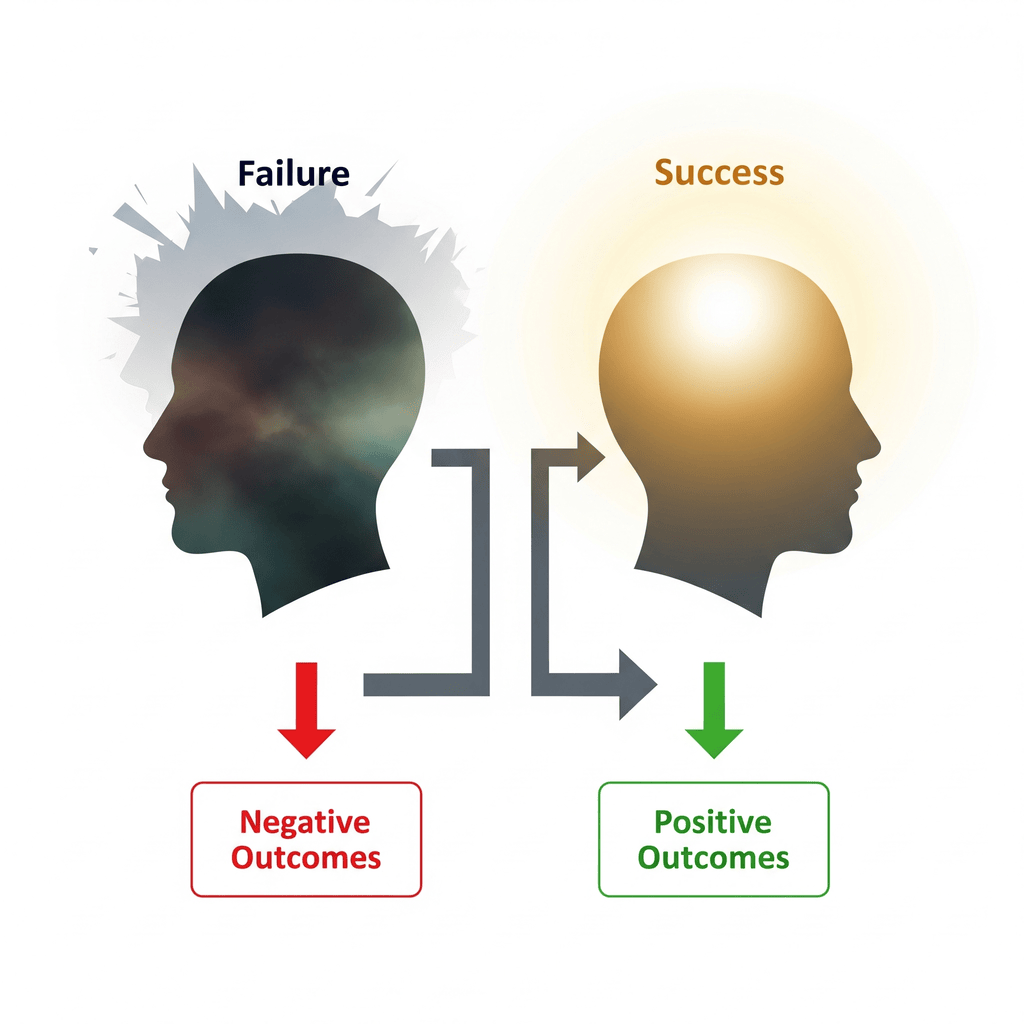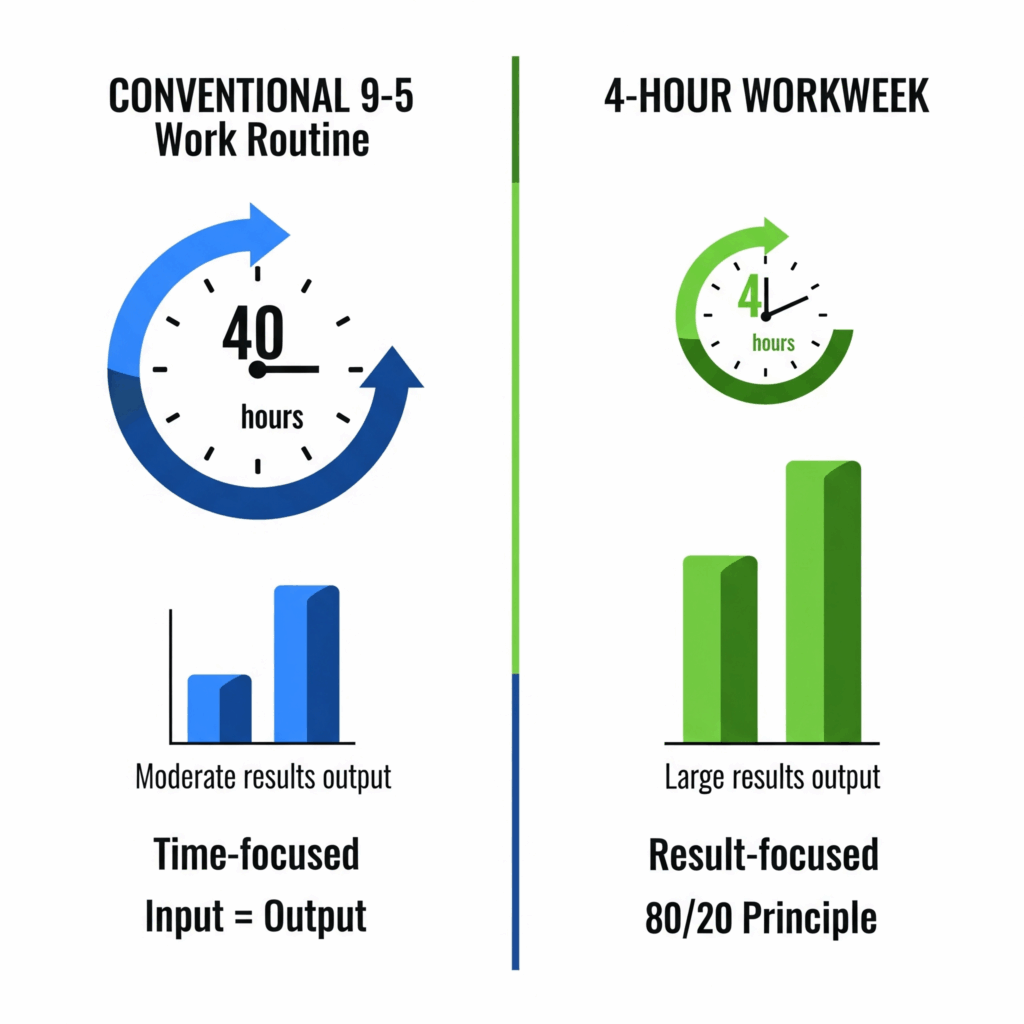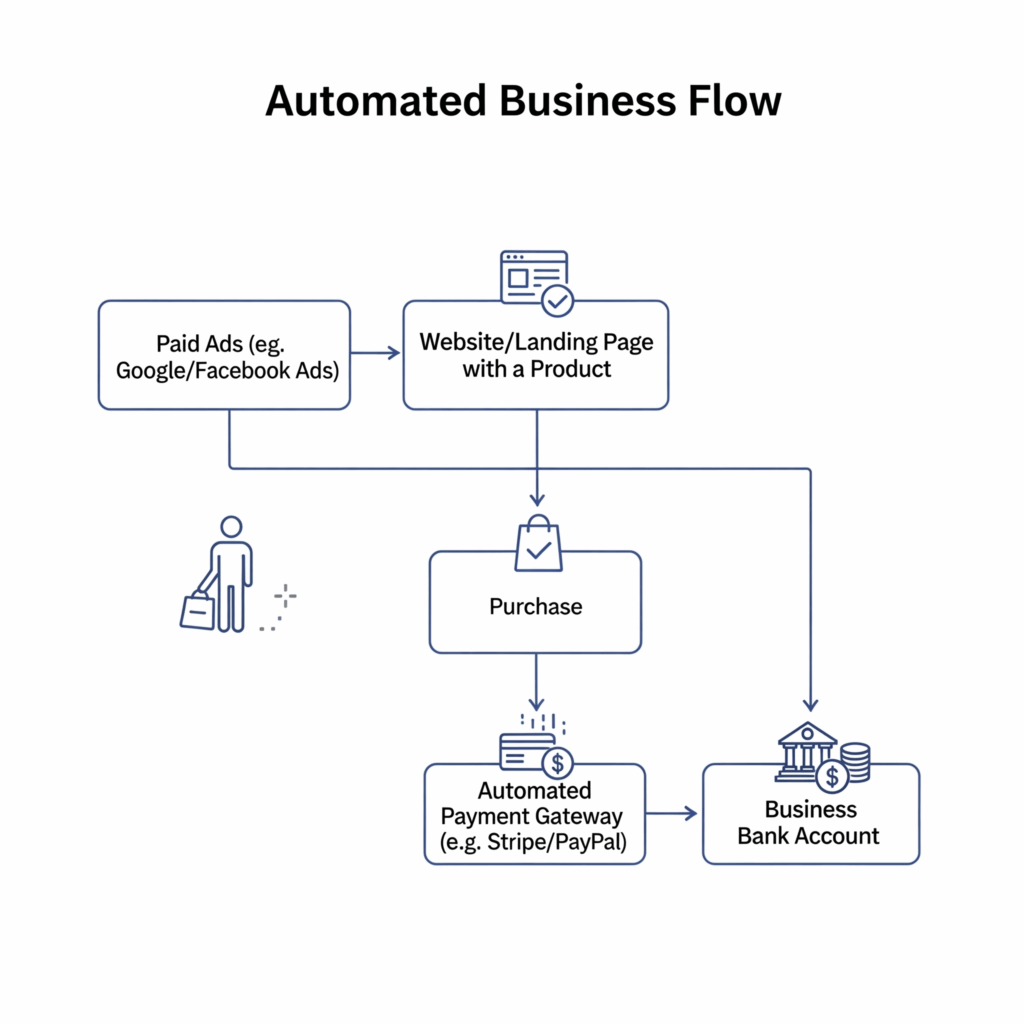In a fast-paced and distraction-filled world, have you ever felt like your life is being controlled by circumstances? What if you are actually the “lead painter” of every day’s experiences? Through several revolutionary ideas from the book 100 Ways to Motivate Yourself: Change Your Life Forever, there is one thread that can become a catalyst for change: the power of visualization and your role as the artist of life. This article will invite you to unpack three fundamental ideas from the book—winning visualization, the treasure-mapping technique, and the life-as-canvas paradigm—and why these concepts can change the direction of your life. However, just as an artist is not enough to understand color theory, you will soon realize that the secret of applying it goes much deeper.
Introduction: Grasping the Brush in Your Hands
Imagine a world where you are not merely “living” your days, but actively creating them. This book does not offer instant recipes, but rather introduces a new paradigm: you, not the situation, are the primary creator of your life experiences. The three concepts we will discuss today are interconnected and form the foundation of personal as well as professional transformation.

Visualization: Between Failure and Success
Visualization is not merely imagining desires. As explained by Rob Gilbert, there is a fundamental difference between winners and losers in how they harness imagination. “Losers visualize the penalties of failure, and winners visualize the rewards of success.” This simple statement has great power: What you focus on mentally will dictate real outcomes.
When someone focuses on the consequences of failure, they unconsciously program the brain to anticipate defeat, so their steps are haunted by doubt. Conversely, when you imagine a positive result, your attention, attitude, and energy begin to center on achieving the goal, no matter how challenging the path ahead. This is not just empty motivation, but a psychology technique that has been used by top athletes worldwide, successful CEOs, even creative artists.
However, how can you ensure your visualization does not become mere daydreaming? A systematic framework and step-by-step mental training are offered in the book, which guides you in detail toward effective winning visualization.
“The complete framework for applying winning visualization is discussed in 5 specific steps within the book…”

Treasure-Mapping: Mapping Dreams to Reality
One of the inspirational stories in this book is about a married couple who, for years, struggled to buy their dream home. Change happened when they practiced “treasure-mapping”—posting pictures of their dream home on the fridge and tracking savings through a visual thermometer. In just nine months, the dream became a reality.
The treasure-mapping technique is not merely “daydreaming”; it is a visual tool that actively conditions your subconscious to move toward the goal. The visual symbols, which you consistently see every day, act as invisible yet powerful reminders, keeping motivation burning even when reality feels exhausting.
Behind this story, there is a practical methodology so treasure-mapping is more than wall decoration. In the book, you will find how to choose the right visuals, strategic placement tips, and how to measure progress psychologically.
“However, there are three common mistakes that often occur when trying this treasure-mapping technique, which are thoroughly dissected in our summary…”
Life as a Canvas Paradigm: Becoming the Artist of Your Day
Every day is a blank canvas. If you let the “paint” from outside (negative comments, bad news, gossip, environmental criticism) imprint colors and patterns on it, the final result becomes hard to control. A key line from the book reads: “Wake up and visualize your day as a blank canvas. Ask yourself, ‘Who’s the artist today? Blind circumstance, or me?’”
How you fill life is determined by your awareness of the freedom to choose. If you’re passive, your life becomes a jumble of random colors and unwanted shapes. But when you realize you can choose colors and patterns, that is when the power of personal transformation starts to work.
Adopting this paradigm means:
- You selectively consume what you feed your mind each day,
- You are more aware of the influence of your surrounding environment,
- You have the power to say “no” to things that pollute your mind.
The “life as a canvas” paradigm is not just inspirational talk—there is a series of daily exercises that can train you to be more aware, more creative, and more responsible.
“Advanced techniques of this concept, including daily templates and practical examples, are part of the exclusive insights we prepare at MentorBuku…”
Reframing Yourself: The True Artist Always Learning
When you start applying the three concepts above, changes occur not only in the professional sphere but in every aspect of life—from health and relationships to self-discipline. You’ll find that small habits in visualization, arranging physical space through treasure-mapping, and the awareness of living each day as a “painter of life” are the stimuli that awaken your previously hidden potential.
However, keep in mind:
- Effective visualization requires practice and structure.
- Treasure-mapping must be aligned with goals and real actions.
- The life-as-canvas paradigm requires ongoing habit-building and self-reflection.
Without a clear step-by-step map, these insights risk becoming fleeting inspiration. Just as an artist needs techniques and repetitive practice to create a masterpiece, you also need a concrete framework to ensure real change happens.
Also read: The Mountain Is You by Brianna Wiest
Also read: The Subtle Art Of Not Giving A F*ck by Mark Manson
Also read: Guerrilla Marketing Field Guide by Jay Levinson, Jeannie Levinson
Conclusion: It’s Time for You to Become the Maestro of Your Own Life
The three concepts—visualizing positive outcomes, treasure-mapping, and living as a canvas—are the foundations for reframing your life. The world may not always be friendly, but you always have the power to pour the colors, shapes, and patterns you want into the years ahead. If you currently feel stuck, overwhelmed by things outside your control, or simply want to live more consciously and meaningfully, this book is a real invitation to transform. All technical details, in-depth practices, and real challenges have been mapped out for you—ready to be carried out step by step.
You’ve just seen the foundation. These concepts are only the tip of the iceberg of what this book offers. How to apply them step by step, avoid common pitfalls, and integrate them into your strategy? All the answers are inside.
Sign up and get free access at MentorBuku now!



